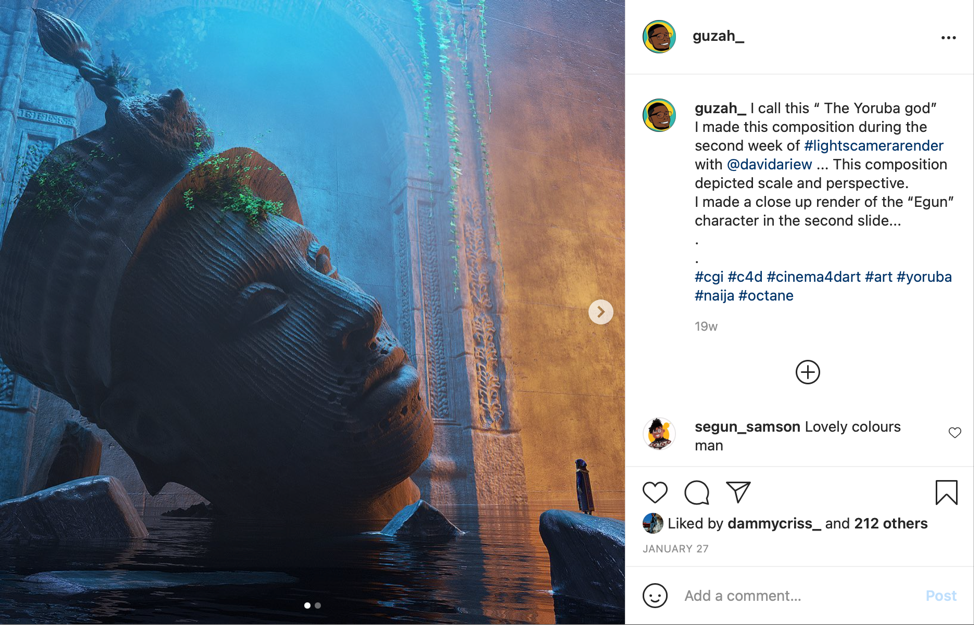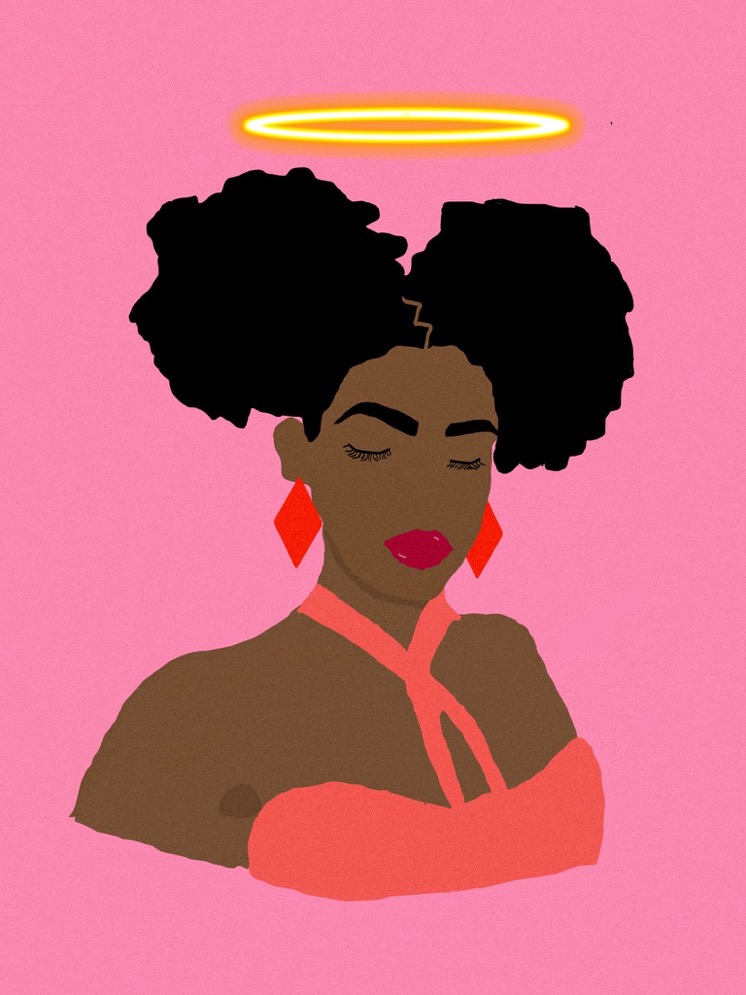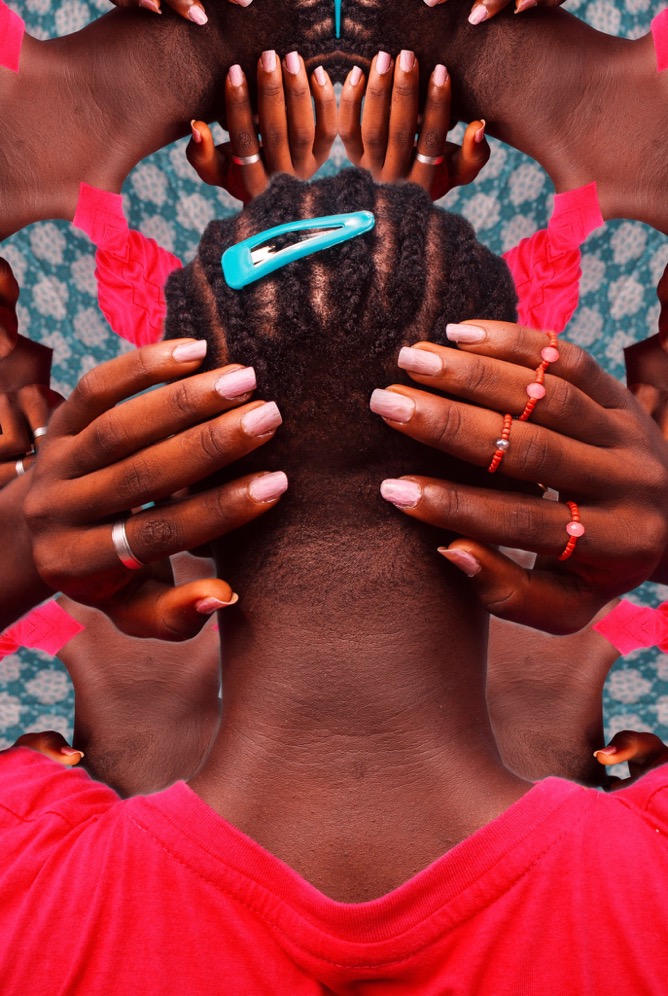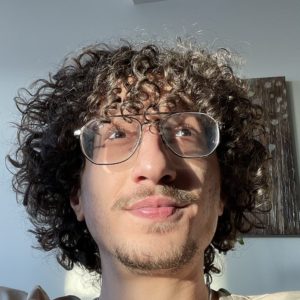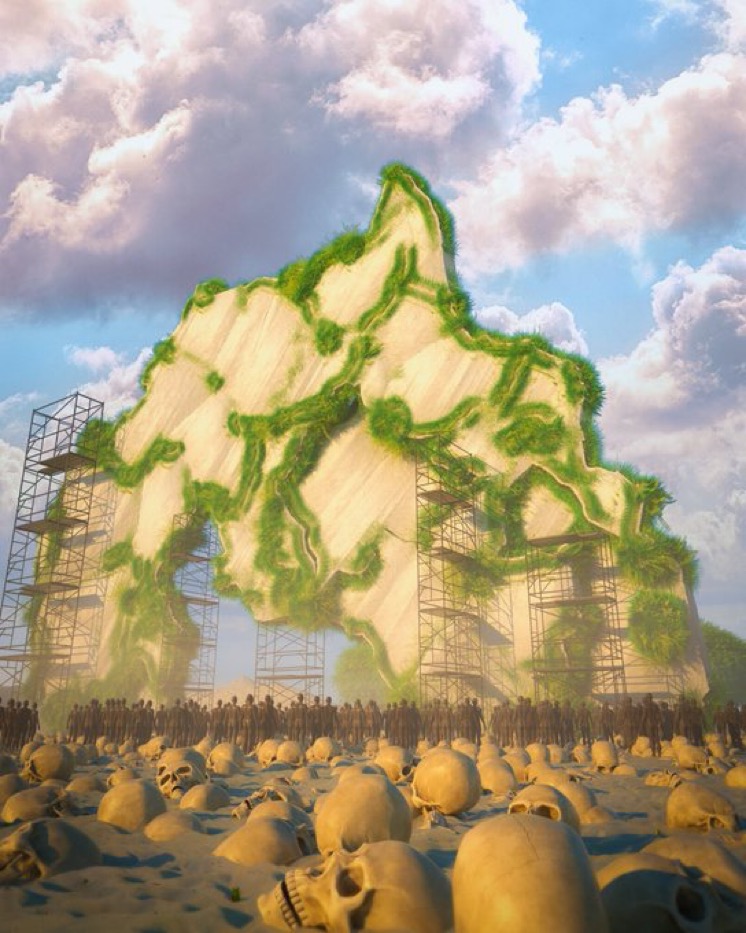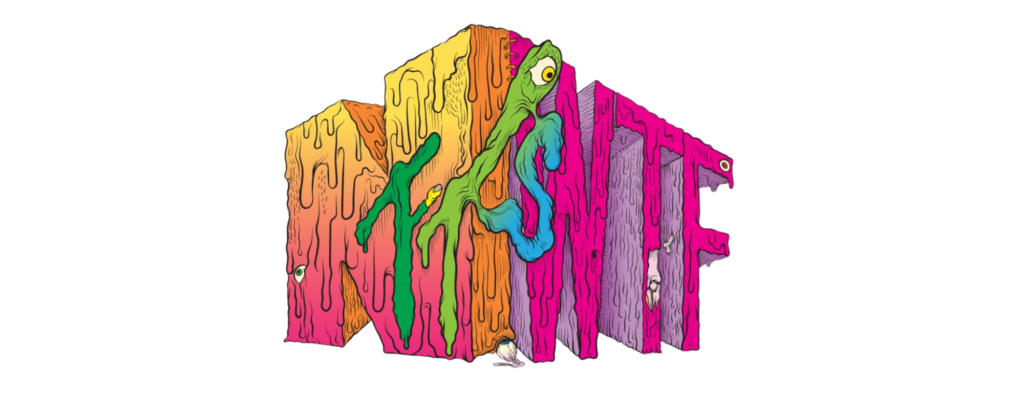Twitter has been banned in Nigeria, a move rooted in short-sighted reactiveness as well as a long-standing ethnic conflict. The ban comes after Twitter and Facebook both deleted posts by Nigerian President Buhari in which he threatened genocide against the Igbo population of Nigeria’s southeast. This move, made in anger to save face, has seriously impacted not only exposure of the arts in general but the NFT artists living there in particular.
Background History
Nigeria won its independence from British rule in 1960, with the borders drawn encompassing almost 300 different ethnic backgrounds. There were three major groups amongst them; the Hasua-Fulani in the North, the Yoruba in the West, and the Igbo in the East.
Hostilities have been rising in Nigeria as the government faces inner turmoil and six simultaneous insurrections. The Igbo lead one of these insurrections in a conflict that stretches back decades to Nigeria’s creation and the tumultuous years that ensued.
Despite being less active in Nigeria’s war for independence, the North contained more than half the population of 60 million Nigerians, so they were in control when Nigeria was born. Following 7 years of Hasua rule, the Igbo claimed election fraud against the ruling government and set up the secessionist state of Biafra in 1967. Massacres ensued. Between 600,000 and 3,000,000 people are estimated to have died.
Since then, the Hasua government has remained in power, albeit precariously. With rife corruption across the Nigerian government, economic conditions in the country have continued to deteriorate. The government finds itself in a position of fear and feels the need to showcase its strength, and assumes it could do so by threatening violence against the Igbo on Twitter.
The Ban
When Twitter took down his post, Buhari was embarrassed but did nothing. When Facebook took down a similar post two days later, Buhari became enraged at these companies for silencing him. Realizing that banning Facebook could cause more dissent than it would be worth, Buhari set his sights on the easier target, Twitter.
Two days after Twitter deleted Buhari’s tweet threatening genocide, the official government account tweeted that Twitter would be banned indefinitely for “undermining Nigeria’s corporate existence.” They used Twitter to ban Twitter. In a sadder twist of irony, the President’s reaction to being silenced was to enforce the same censorship upon the 200+ million people living within his borders.
PRESS RELEASE
FG Suspends @Twitter Operations in Nigeria pic.twitter.com/7z5BQ0Mi3U
— Fed Min of Info & Nat’l Orien (@FMINONigeria) June 4, 2021
The Impact
This has a massive impact on Nigerians, many of whom rely on the platform for a living as entrepreneurs, influencers, and artists. At least a third of Nigerians are currently unemployed, giving Nigeria the third-worst employment rate in the world as of December 2020. The ban sets additional barriers on economic mobility, and this latest attempt at censorship displays the fragility of the current regime.
According to freedommuse.org, the international non-governmental organization campaigning for freedom of artistic expression and cultural diversity, “Artists face a complex system of censorship carried out by a variety of actors, further complicated by multiple censorship boards. In addition to the national censorship boards, states such as Kano in the North and Lagos in the South even have their own censorship boards, with the consequence that artists and cultural producers of these states face double censorship mechanisms.”
Over the past year, there are many brilliant Nigerian artists that have entered the NFT community. In March 2021, one of the leading NFT artists, Jacon Osinachi, sold his pieces “Mirror Mirror” and “Am I Pretty” for a solid 9ETH and 13.2ETH respectively. This was a tremendously important leap forward for all Nigerian artists and the crypto community as a collective. The use of Twitter has been shown to be the most important platform for generating NFT sales.
Furthermore, this ban sets a dangerous precedent if allowed to continue. Since this was an order put out by the President but not ratified as law by the National Assembly (NASS), it would mean the President can target any platform it wishes, no matter how unjustified. This not only threatens the many innocent Nigerians living there, but the tech industry that has been booming in the country in the past years.
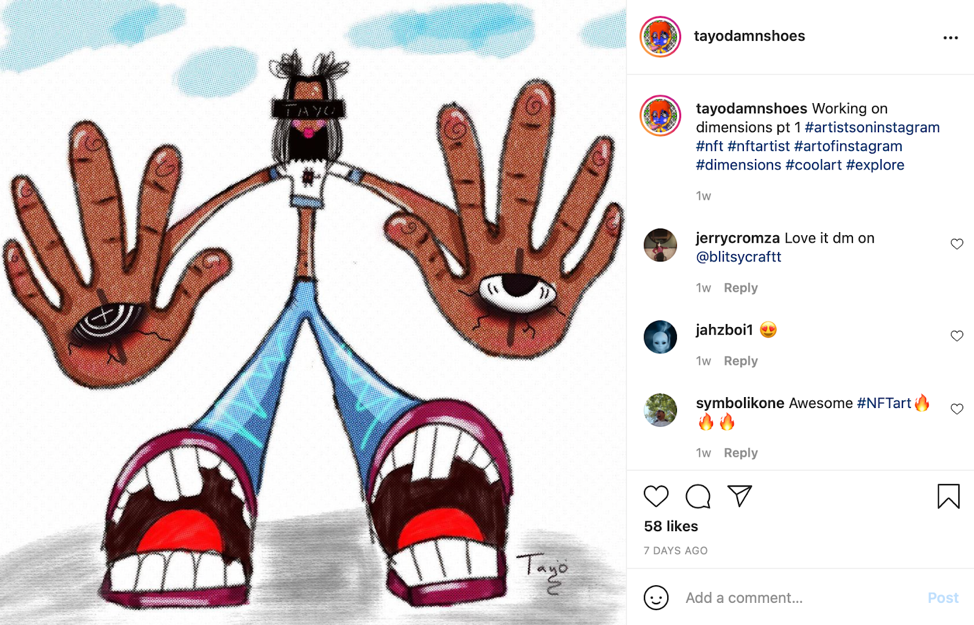
The Censorship
What happens now? Nigerians stand deprived of access to Twitter, where a large, if not the largest segment of the NFT community lives. The use of Twitter is pivotal, especially for NFT artists, to promote not only their art but to share the stories behind the art and the daily struggles the artists face themselves. These struggles and restrictions result from a structure built by an oppressive regime systemically promoting censorship of the creative and innovative mind.
And yet, the Nigerian presence in the NFT community is strong and passionate. The abundance of beautiful art and the warmth of the Nigerian creators who made them have earned Nigeria a place in the hearts and minds of many people abroad. They’ve collectively put Nigeria on the decentralized map by instilling their roots in the NFTs they produce. Artists like Dammy, Tayo, Gbenga, and Mayor as well as Jacon and many others have brought so much beauty to the space; many abroad cannot separate the beauty they’ve seen from the Nigeria they imagine. This is what causes such great sadness among many as censorship is imposed on the beautiful souls they’ve met.
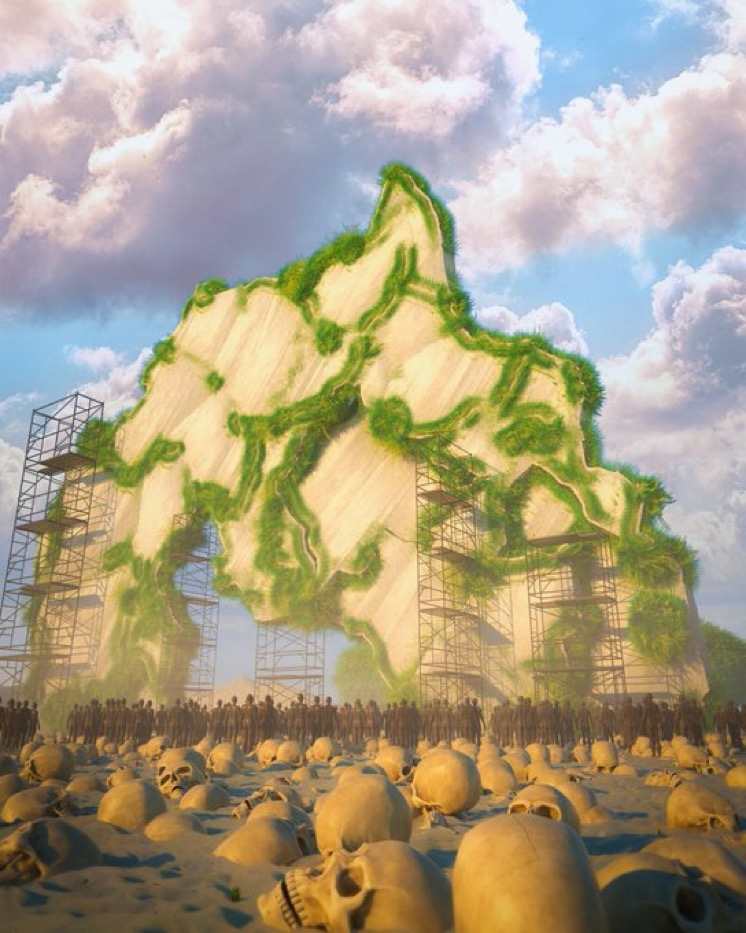
The Solution
Nonetheless, where an oppressive government tries to silence many, it is up to the community those many belong to raise their voices on their behalf. The impact Nigerian artists have had on the NFT community has been formative and will not be forgotten. It is up to this community now to help eliminate the impact of the censorship the Nigerian government is attempting to impose. By promoting Nigerian artists on every other platform, the community can ensure any impact to these brilliant artists is only temporary. By speaking with and for Nigerian artists, the NFT community can stand with an oppressed group inside it. By raising its voice to elevate theirs, the community can render the oppression of a government meaningless.
